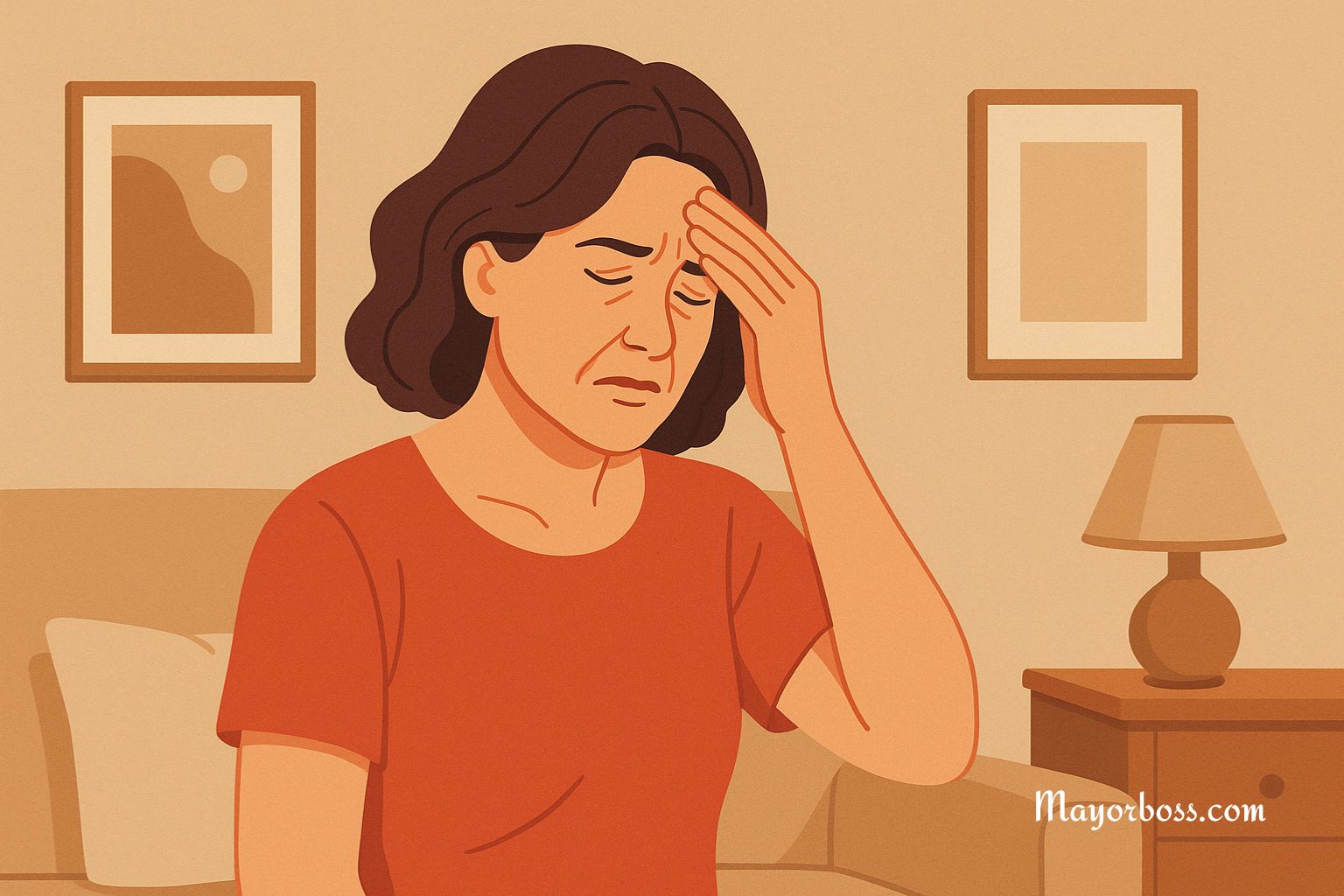How to Tell If You’re Dehydrated (Even If You Drink Water)
Most people think dehydration only happens when you don’t drink enough water. But the truth is, you can still be dehydrated even if you’re sipping water throughout the day. Surprised? Let’s talk about how that’s possible—and more importantly, how to know if it’s happening to you.

What Is Dehydration?
Dehydration means your body doesn’t have enough fluid to function properly. Water helps regulate your temperature, move nutrients, flush out waste, and keep your joints working. When your fluid levels drop too low, your body struggles to do all these tasks.1
Can You Still Be Dehydrated If You Drink Water?
Yes. Drinking water doesn’t always mean your body is staying hydrated. Here’s why:
- You might not absorb the water well. If you’re losing more fluids through sweat, urine, or illness than you’re taking in, dehydration can still happen.
- You’re not getting enough electrolytes. Water alone doesn’t replace minerals like sodium, potassium, or magnesium. Without these, your body can’t hold onto the water it needs.
- You’re drinking too much at once. Sometimes, gulping large amounts of water quickly can pass through your system without being used efficiently.
Signs You Might Be Dehydrated
Even if you’re drinking water, here are warning signs your body may still be dehydrated:
1. Dry Mouth or Bad Breath
If your mouth feels sticky or your breath smells stronger than usual, your body might not have enough fluid to make saliva. Saliva helps wash away bacteria. When it’s low, bad breath often follows.2
2. Dark Yellow Urine
Urine is one of the easiest ways to tell if you’re hydrated. Light yellow or clear urine is a good sign. If it’s dark yellow or amber-colored, you might need more fluids or electrolytes.
3. Feeling Tired or Weak
Dehydration reduces blood volume, which means less oxygen reaches your muscles and brain. This can leave you feeling sluggish or dizzy.
4. Headaches
Your brain sits in a fluid cushion. When you’re dehydrated, that cushion shrinks. The result? Headaches that feel dull or even sharp.3
5. Dry Skin
If your skin feels rough, itchy, or less elastic, it could be a dehydration sign. You can check by gently pinching the skin on the back of your hand. If it doesn’t bounce back quickly, you’re probably low on fluids.
6. Rapid Heartbeat or Breathing
When there’s less fluid in your body, your heart has to work harder to pump blood. This can make your heart rate or breathing speed up, even if you’re just sitting still.
7. Muscle Cramps
Without enough fluids and minerals like sodium or potassium, your muscles can spasm or cramp—especially after exercise or being outside in the heat.
8. Brain Fog
Dehydration can make it harder to concentrate or remember things. You may feel confused, lightheaded, or find it harder to focus on simple tasks.
How to Stay Properly Hydrated
It’s not just about drinking water. It’s about making sure your body absorbs and uses it well.
1. Drink Throughout the Day
Don’t wait until you’re thirsty. Thirst is a late sign of dehydration. Sip water slowly during the day, not all at once.
2. Add Electrolytes
If you sweat a lot, work out, or are sick, drink fluids that contain electrolytes. Coconut water, oral rehydration solutions, or electrolyte tablets can help.
3. Eat Hydrating Foods
Fruits and vegetables are full of water and minerals. Watermelon, cucumbers, oranges, strawberries, and lettuce are excellent choices.
4. Limit Caffeine and Alcohol
Both can make your body lose more water. If you drink coffee or wine, try to balance them out with extra fluids.
5. Check Your Environment
Hot, dry air or too much time indoors with heaters or air conditioning can lead to water loss through your skin and breath. Make sure you’re drinking more in these conditions.
When to See a Doctor
Sometimes dehydration becomes serious and needs medical care. Seek help if you experience:
- Confusion or disorientation
- Very little or no urine
- Fainting
- Rapid heartbeat that doesn’t slow down
- Sunken eyes or dry skin that doesn’t return to normal quickly
These may be signs of severe dehydration, which can be dangerous if not treated promptly.4
